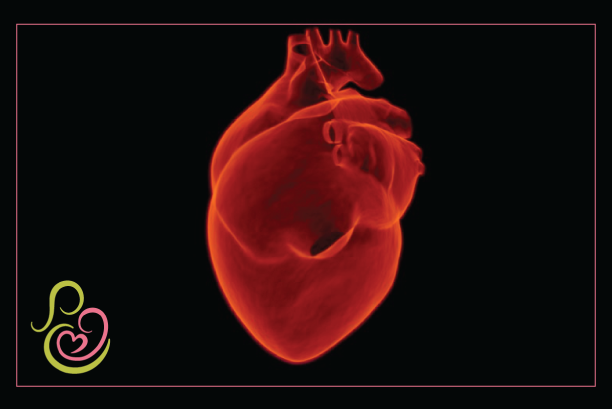February is American Heart Month; a federally designated month aimed at reminding Americans and their families to focus on their hearts in an effort to live longer, healthier lives.
Cardiovascular disease, including heart disease and stroke, remains the leading global cause of death. CVD kills more than 17.3 million people each year, and this number is expected to rise to more than 23.6 million by the year 2030.
On average, someone in the U.S. has a stroke every 40 seconds. There are roughly 795,000 new or recurrent strokes each year.
One way to make your heart healthier is by adding folic acid to your daily regimen. Researchers have found that folic acid and other B vitamin deficiencies can lead to elevated homocysteine levels, which has been pegged as a potential risk factor for heart disease and stroke.
Homocysteine is an amino acid that comes from the normal breakdown of proteins in the body. Folic acid supports the breakdown of amino acids.
Some research also indicates that folic acid may provide stroke protection.
While the American Heart Association does not recommend folic acid supplements as a means to reduce the risk of heart disease and stroke, they do suggest a balanced diet that includes folate-rich foods. Those foods include dark green vegetables like broccoli, asparagus, and spinach; dried legumes such as chickpeas, beans, and lentils; citrus fruits such as oranges, grapefruit, and papaya. Additional foods high in folic acid include avocado, okra, Brussels sprouts, sunflower seeds, peanuts, and almonds.
While folic acid and folate can help keep your heart healthy, they are only one part of a multi-faceted health plan. Remember to eat a diet low in cholesterol, reduce sugar and salt intake, and get plenty of sleep and exercise.




